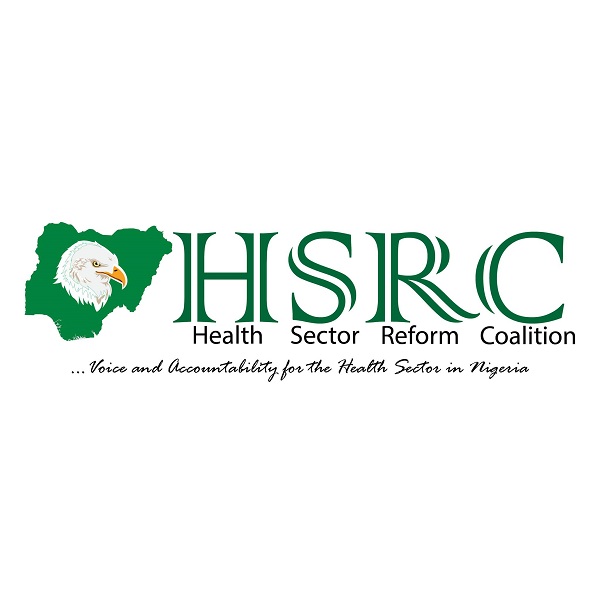
In a bid to address the challenges facing Nigeria’s health system, the Health Sector Reform Coalition (HSRC) has called for a holistic approach that goes beyond executive orders and pharmaceutical industry meetings.
Chairperson of HSRC, Mrs. Chika Offor shared this perspective during a press briefing in Abuja, where she emphasised that addressing the root causes of health system challenges is essential for long-term solutions. She identified issues such as the poor status of the Naira, insecurity, infrastructure gaps, corruption, and the high cost of doing business as underlying problems that need attention.
Drawing attention to the successful models of countries like Malaysia, Offor stressed the importance of a holistic and home-grown approach. She highlighted Malaysia’s achievement in developing robust healthcare systems and efficient medicine supply chains without solely relying on executive orders.
The HSRC chairperson called for sincere and efficient implementation of existing laws and policies, advocating for strategic interventions. She specifically mentioned the need for the Minister of Health and Social Development, Prof. Mohammad Pate to provide effective leadership in addressing these issues.
Offor urged a sustained commitment and leadership at the highest level to tackle the root causes and enhance Nigeria’s health sector. She emphasised the importance of a comprehensive, locally tailored strategy to overcome challenges.
Notably, President Bola Tinubu has approved three resolutions aimed at strengthening the health and social welfare sector to better serve Nigerians. These decisions, aligned with the Renewed Hope Agenda, focus on human capital, health, and social welfare. One of the resolutions will be codified into an Executive Order, aiming to support local drug manufacturers, ensure fair pricing of essential medicines, and address the escalating cost of pharmaceuticals. The president’s actions reflect a commitment to improving the health sector in line with the country’s developmental goals.

